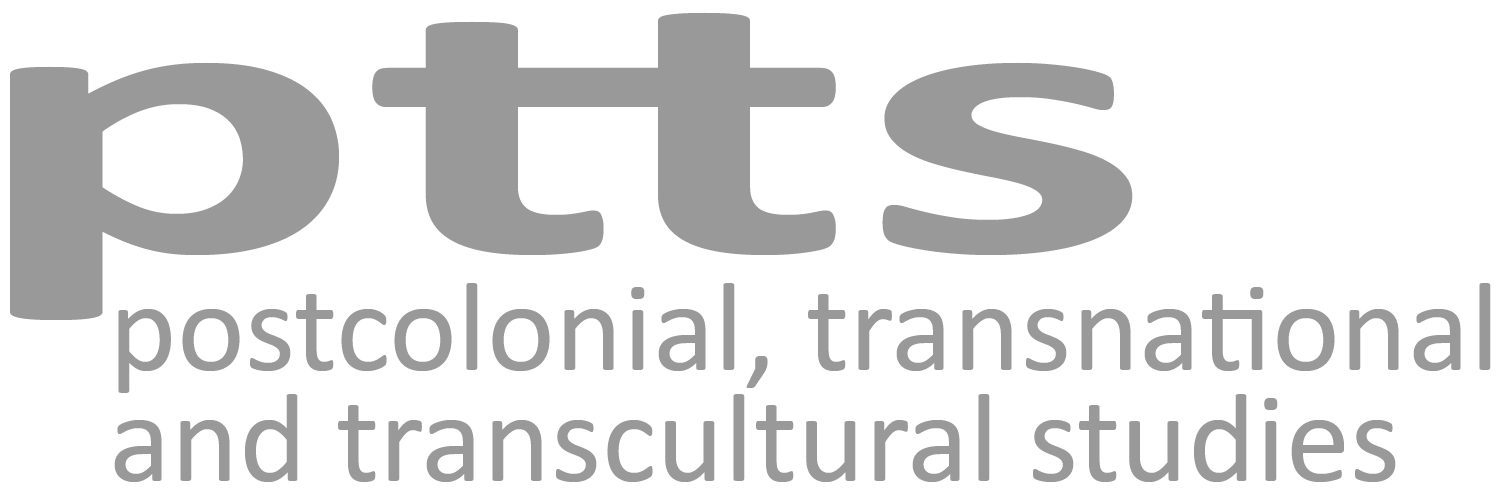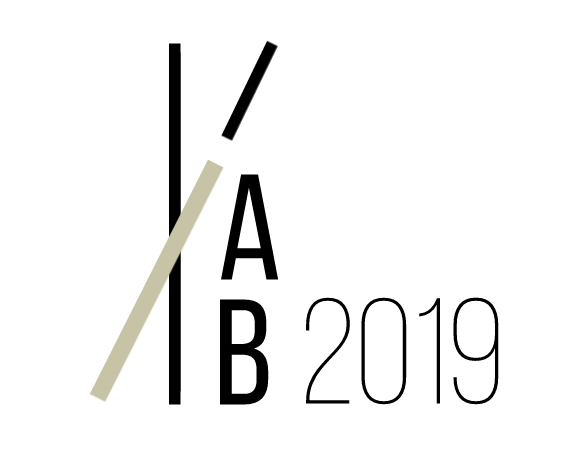Call for Papers
Intellectuals Across Borders:
Writers, Artists, Activists
5-6 September 2019
University of Münster | University of Lisbon
Across Europe, the critical engagement with the history of colonialism and its significant ongoing legacies has gained purchase – not least because of the critique, pressure, and demands of postcolonial intellectuals from, or with ties to, Africa, the Caribbean, and Asia. Matters of postcolonial justice, such as reparations to former European colonies, the restitution of human remains and cultural artefacts, and calls for the removal of national symbols and monuments that reproduce racist ideology have gained increased public attention in recent years. From the reopening of the Belgian Royal Museum for Central Africa, and the French government’s decision to return colonial artefacts from its museums and collections, to the public debate stirred over plans to build a Museum of Discoveries in Lisbon as part of the mayor’s campaign (alongside the support of Lisbon residents to erect a memorial honouring the victims of slavery): controversies abound – and with them the public visibility of postcolonial intellectuals and activist collectives. Likewise, German debates about reparations for the Herero and Nama in today’s Namibia, the upcoming opening of Berlin’s Humboldt Forum, as well as the celebration of Black Pete in the Netherlands have caused a significant outcry against colonial amnesia.
These and other examples from Portugal to the Netherlands, from France to Germany, from Denmark to Italy raise essential questions: How has the role of the postcolonial intellectual developed since it evolved in the eighteenth century with public figures such as Olaudah Equiano or William Cuffay? Which kinds of public intellectuals are emerging today? And what is the relationship between postcolonial intellectual work and specific geo-political spaces? How do digital media influence what we consider public and intellectual work? What is the relationship between activism and creative work, and how is fiction used as intellectual, activist work? What marks intellectual work as ‘postcolonial’? And do recent defences of Western colonialism by some scholars and public figures in turn constitute neo-colonial intellectual work? Do such instances of colonial nostalgia point to an urgent need to develop critical paradigms that expose how the West seeks to perpetuate neocolonial power dynamics? Which forms of resistance against neo-colonialism have evolved in the 21st century?
Organized in the context of the NWO Internationalization in the humanities project: PIN – Postcolonial Intellectuals and their European Publics Network, “Intellectuals Across Borders” explores the dynamic formations of intellectual work in diverse European public spheres. The conference works with the idea that writers, artists, and activists – like migrant academics and political representatives –can embrace the role of postcolonial intellectual through intervention and public impact. As racism works vigorously across national borders while right-wing groupings across Europe are connected and cross-fertilize each other, critical intellectual work is called upon to make national, cultural, and disciplinary borders porous. In fact, it is the postcolonial intellectuals’ transgressive potential for inquiring and intervening – spatially, epistemologically, ideologically – which we consider vital for their relationship with European public spheres.
“Intellectuals Across Borders” therefore asks how postcolonial intellectual interventions across boundaries challenge the divides between public and private, inclusion and exclusion, citizen and migrant, and create counter-publics where sexual, ethnic, religious, and other minoritized groups stake their claims and play out their actions. The conference thus brings into focus the manifold, productive, and often unexpected ways in which public intellectuals engage in postcolonial European societies. Possible areas of inquiry range from, but are not limited to:
Writers, activists, and artists as postcolonial intellectuals
- Porosity and intellectual border-crossings
- Working-class, feminist, or LGBTQQIA intellectual labour
- Transnational public discourses of restitution and reparation
- Postcolonial intellectuals and translocation
- Alliances between activism and theory
- Intellectual legacies in theory, art, and activism
- Activism in literature and literature as activism
- Screening activism, documentaries, and filmmaking
- Postcolonial intellectuals and new media (e.g. streaming platforms, blogosphere, twitter)
- Neo-colonial intellectuals and their European publics
We welcome abstracts, panels, and creative pieces that engage with the topics and questions addressed above. Please e-mail your abstract (250 words), bio (150 words), and possible questions to: IAB.PIN2019@gmail.com
Your abstract should provide the following information, contained in a single MS Word file: 1) your name, postal address, email address, and contact telephone number; 2) your institutional affiliation (if applicable); 3) any media requirements for your presentation. Proposals for full panels should include a panel description (300 words) as well as three abstracts of the individual papers (250 words each), along with the bios of all involved (150 words). If your submission is a creative piece, please also include an example of your output, such as a 500-word writing sample, a 2-page portfolio (for visual art), or a film sample.
Deadlines and web:
Abstract submission is now closed.
The conference will take place in Münster. The conference opening is on the evening of 4 September 2019. The conference is organized as part of the NWO Internationalization in the humanities project PIN – Postcolonial Intellectuals and their European Publics Network and it is co-hosted by
Postcolonial, Transnational and Transcultural Studies (PTTS),
English Department
University of Münster Germany
m.u.stein@gmail.com
University of Lisbon
Centre for English Studies (CEAUL-ULICES)
School of Arts and Humanities Portugal
anafmendes@gmail.com
Conveners: Sandra Ponzanesi (Utrecht University), Mark U Stein (University of Münster), Ana Cristina Mendes (University of Lisbon)
You can view and download the Call for Papers here.


